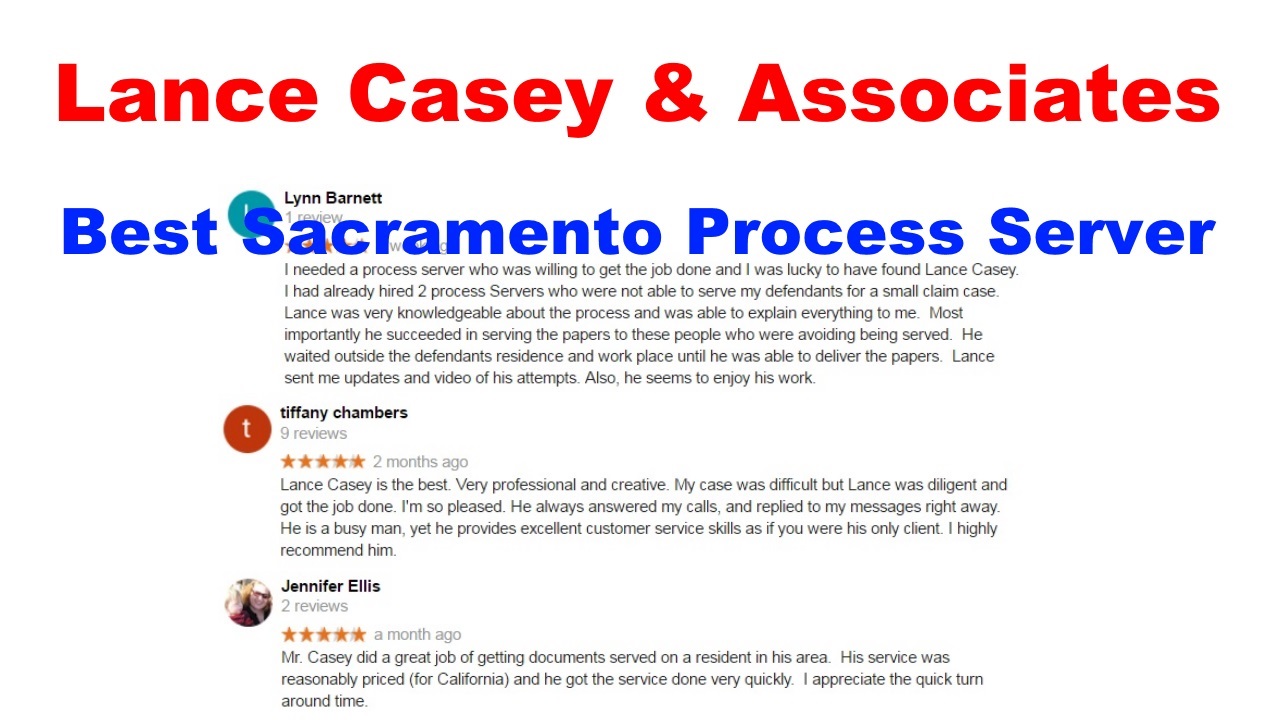What Is A Process Server Allowed To Do?
- Be 18 years old or older;
- Not be a party to the case;
- Serve the paperwork on the other side in the time require;
- Fill out a proof of service form that tells the court whom they served, when, where, and how; and
- Return the proof of service to you so you can file it with the court.
Personal Service
"Personal service" means that someone – NOT a party to the case – must personally delivery the court documents to the other side.
In “personal service”:
- The server gives the papers to the party being served. It can be at the party’s home, work, or anywhere on the street.
- The server has to identify the party being served and hand the legal papers to him or her and inform him or her that they are court papers.
- If the party being served does not want to take the papers, they can be left on the ground in front of him or her. If he or she takes the papers and tears them up or throws them away, service is still considered to be valid. The person being served does not have to sign anything.
- The server then fills out a proof of service, detailing when, where, and how (in person) the papers were served. The server signs the proof of service and returns it to you to file in court.
- Personal service is complete the day the papers are served.
“Personal service” is the most reliable type of service because the court knows for sure that the person being served got the papers and, if necessary, can question the process server about the “service.”
Since it is the most reliable, “personal service” is valid in all types of case. Also because it is so reliable, it is generally required when serving the first papers (the petition or complaint) in a case.

